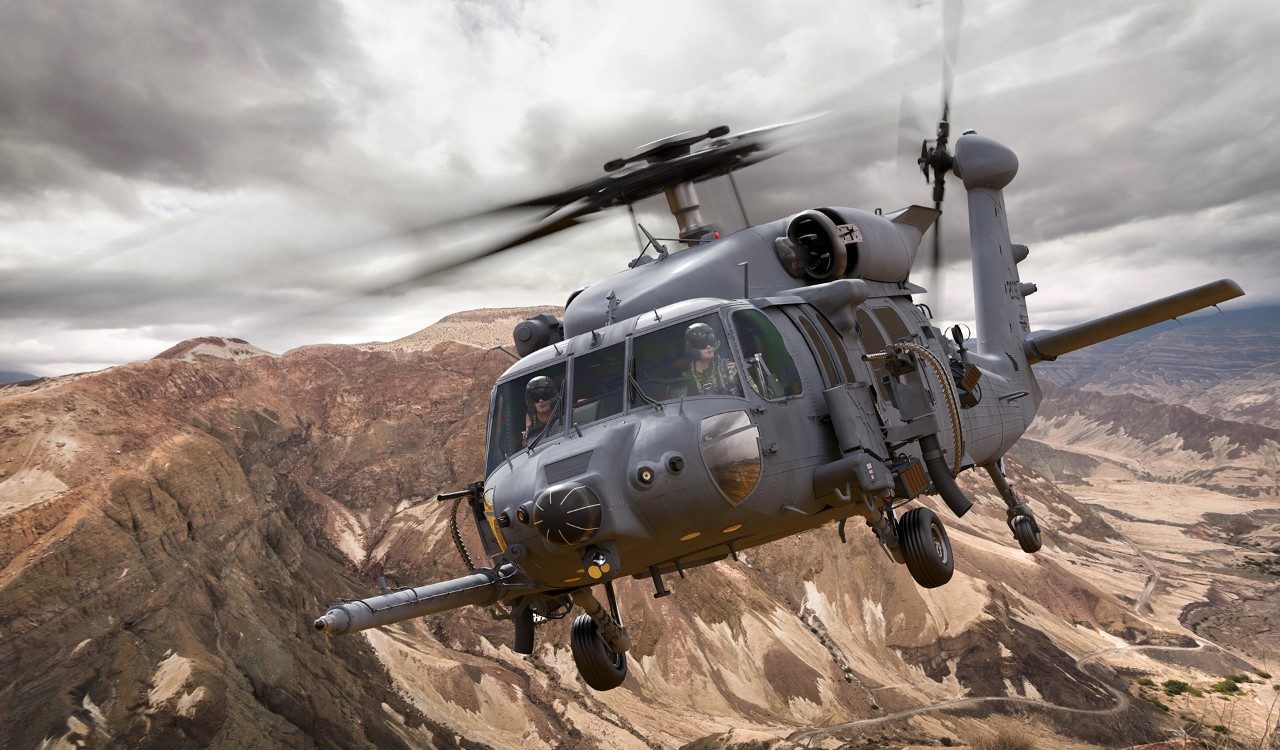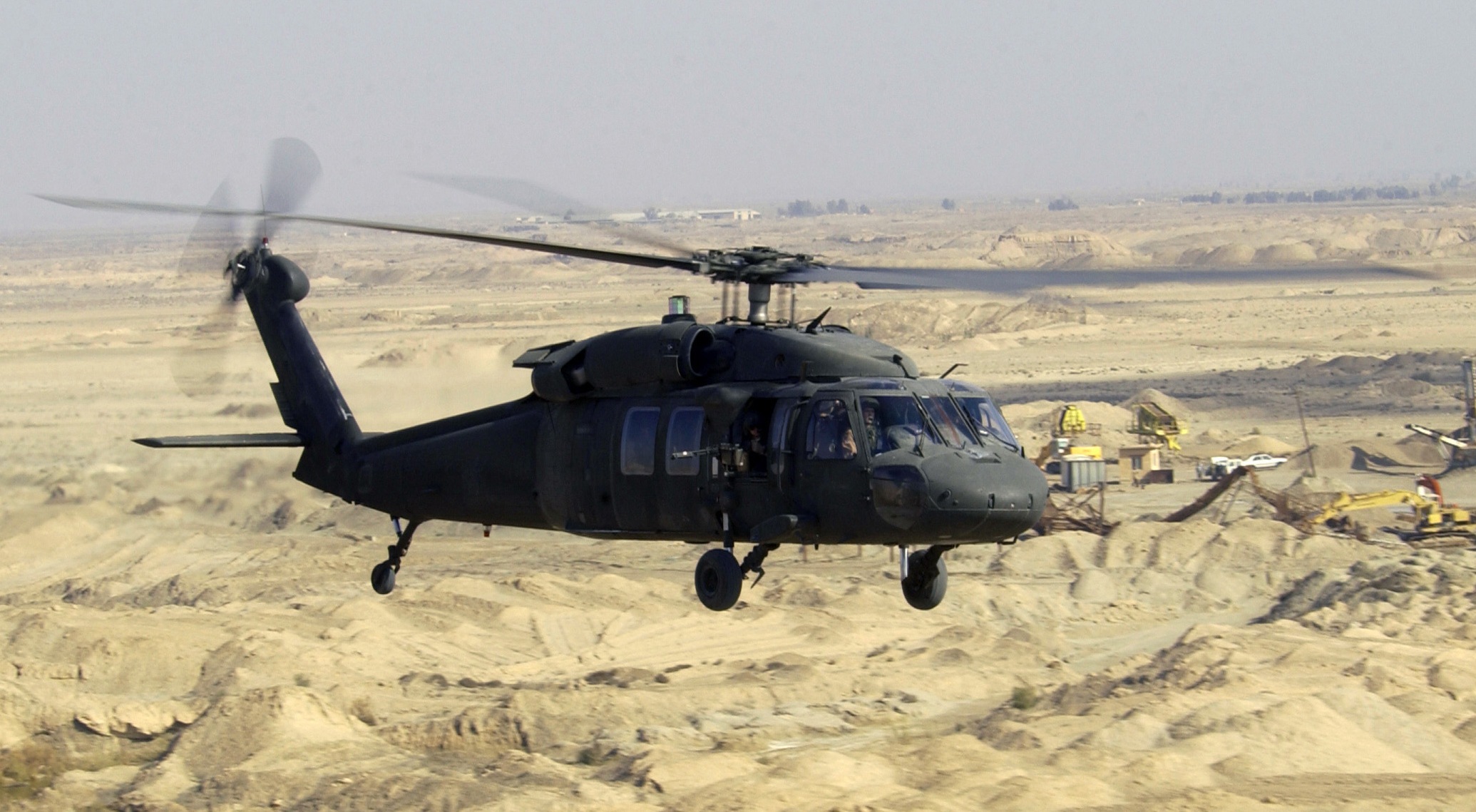Maintenance and Maintenance for UH 60 Helicopters
Maintenance and Maintenance for UH 60 Helicopters
Blog Article
The Influence of Sustainable Practices on the Future of Aircraft Workflow and Emissions Reduction
As the aeronautics sector faces boosting analysis over its environmental influence, the fostering of sustainable practices emerges as a crucial path towards future airplane procedures and emissions decrease. Technologies in lasting air travel fuels and developments in crossbreed propulsion modern technologies stand at the center of this transformation, appealing substantial decreases in greenhouse gas exhausts.

Overview of Sustainable Practices
Sustainable methods in aircraft procedures incorporate an array of approaches intended at reducing environmental influence while keeping operational efficiency. These techniques are essential in the aeronautics sector's commitment to decreasing its carbon footprint and adhering to worldwide ecological requirements. Secret campaigns consist of enhancing trip courses to lower gas consumption, improving upkeep protocols to guarantee airplane operate at peak efficiency, and carrying out innovative modern technologies such as winglets and light-weight materials that improve aerodynamics.

Educating and engaging team on sustainability practices also play an important duty, promoting a society of environmental obligation within companies. Overall, the combination of these sustainable methods not just assists lower emissions yet additionally enhances the long-term viability of the aeronautics market, ensuring it satisfies the needs of both customers and regulatory bodies while adding to international sustainability objectives.
Cutting-edge Fuel Alternatives
Countless innovative gas options are arising as critical options to reduce the air travel industry's dependence on conventional nonrenewable fuel sources. Among these choices, Sustainable Aeronautics Gas (SAFs) have actually acquired considerable focus as a result of their prospective to lower lifecycle greenhouse gas emissions by approximately 80% contrasted to traditional jet fuels. SAFs are stemmed from numerous feedstocks, including waste oils, farming residues, and even algae, making them a functional choice for the industry.
An additional promising option is hydrogen fuel, which, when utilized in fuel cells, creates only water vapor as a result. In addition, electrical propulsion systems are being checked out, leveraging battery technology to power aircraft.
Lastly, biofuels originated from biomass are being examined, providing a sustainable alternative that can be mixed with standard fuels. Collectively, these innovative fuel alternatives stand for a crucial step towards accomplishing a lasting aviation environment, aligning with global discharges decrease targets and enhancing the market's ecological stewardship.
Technological Innovations in Air Travel

Just how can technological improvements improve the future of aeronautics? The combination of cutting-edge innovations is essential in changing aircraft operations, boosting performance, and decreasing emissions. Developments such as electrical and hybrid propulsion systems go to the leading edge, appealing significant reductions in gas consumption and greenhouse gas exhausts. These systems take advantage of innovations in battery innovation and power monitoring, making it possible for airplane to run with a reduced ecological footprint.
Moreover, the execution of advanced materials, such as light-weight compounds, adds to improved the rules of aerodynamics and fuel effectiveness. The usage of Find Out More synthetic intelligence and artificial intelligence in flight procedures maximizes course preparation and lowers gas melt by making it possible for real-time changes based upon climate and web traffic conditions. Additionally, the development of independent and remotely piloted aircraft systems stands to transform freight and guest transport, potentially raising efficiency while reducing human error.
Moreover, sustainable air travel innovations, including innovative air website traffic management systems, can streamline procedures and reduce congestion, bring about lower exhausts during trip. These innovations jointly stand for a standard shift in aeronautics, promising a future Get More Info where sustainability and functional performance are intertwined, therefore sustaining the sector's commitment to minimizing its environmental influence.

Governing Framework and Conformity
Because of the growing emphasis on ecological stewardship within the aviation sector, the regulatory framework controling airplane operations is developing to promote lasting methods. Regulative bodies, such as the International Civil Aeronautics Company (ICAO) and various nationwide air travel authorities, are presenting rigid guidelines focused on minimizing exhausts and enhancing functional efficiency.
These guidelines usually include the adoption of Lasting Aeronautics Fuel (SAF), which has actually been acknowledged as a key element in accomplishing reduced carbon impacts. Compliance with these laws calls for airline companies to execute operational methods and sophisticated innovations, such as optimized flight paths and enhanced air web traffic management, to lessen fuel usage.
Furthermore, the enforcement of discharges trading plans and carbon balancing out efforts is ending up being increasingly prevalent, compelling airline companies to keep track of and report their discharges accurately. Non-compliance can cause considerable fines, thus pressing operators to focus on sustainability in their company versions.
Ultimately, the progressing regulatory landscape not just drives technology and investment in green modern technologies however also fosters a culture of liability within the air travel industry. As these frameworks continue to establish, the concentrate on sustainable practices will be essential to accomplishing the industry's lasting environmental objectives.
Future Fads in Aircraft Procedures
As the air Read Full Report travel market adapts to a progressively strict governing environment, future patterns in aircraft operations are readied to concentrate on innovative options that better boost sustainability and effectiveness - uh 60. Trick developments will likely include the adoption of sophisticated air website traffic administration systems, which utilize real-time data and expert system to maximize flight courses, lowering fuel usage and exhausts
One more significant fad is the boosted combination of lasting aviation gas (SAFs) These choices to conventional jet gas, stemmed from sustainable resources, can significantly decrease lifecycle greenhouse gas exhausts. The sector's commitment to SAFs will likely increase as airline companies work together with fuel manufacturers to make sure accessibility and cost-effectiveness.
Furthermore, the push in the direction of electrification and crossbreed propulsion systems is gaining energy. Arising airplane layouts will certainly integrate these innovations, using quieter and a lot more efficient operations, especially for short-haul trips.
Final Thought
To conclude, the combination of lasting methods in airplane operations holds considerable potential for discharges reduction and enhanced effectiveness. The adoption of sustainable air travel gas, combined with advancements in hybrid and electric propulsion systems, is crucial for lessening lifecycle greenhouse gas emissions. Maximizing trip courses and accepting innovative modern technologies add to a quieter and a lot more environmentally pleasant aeronautics sector. Jointly, these initiatives straighten with international sustainability objectives and lead the way for a greener future in air travel.
Advancements in sustainable aviation fuels and advancements in crossbreed propulsion modern technologies stand at the leading edge of this change, promising considerable decreases in greenhouse gas exhausts.Many ingenious fuel choices are emerging as essential solutions to reduce the aviation market's reliance on typical fossil fuels - uh 60. Among these choices, Sustainable Aviation Fuels (SAFs) have actually gained considerable focus due to their prospective to decrease lifecycle greenhouse gas emissions by up to 80% contrasted to standard jet fuels.An additional significant pattern is the increased assimilation of lasting air travel gas (SAFs) The fostering of sustainable air travel fuels, coupled with advancements in electric and hybrid propulsion systems, is necessary for reducing lifecycle greenhouse gas exhausts
Report this page